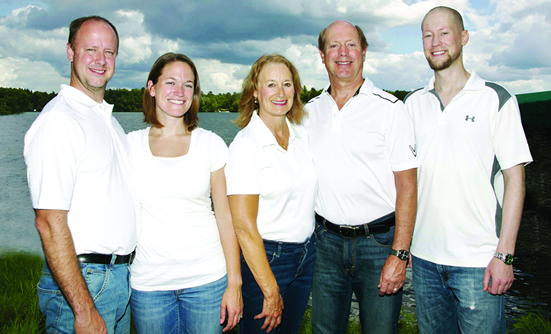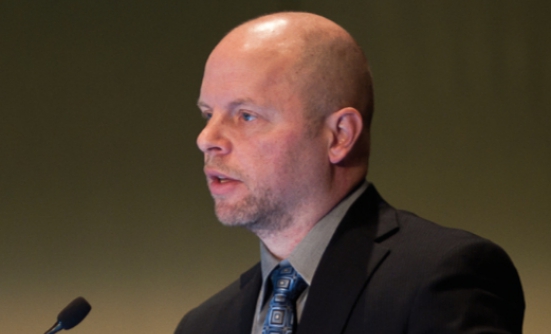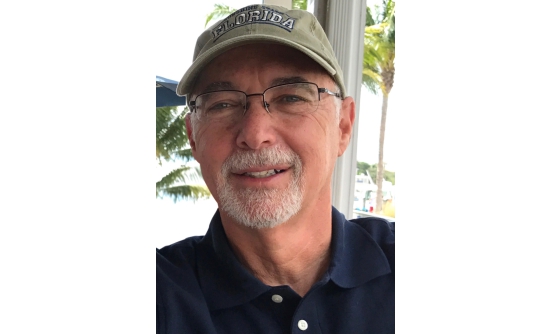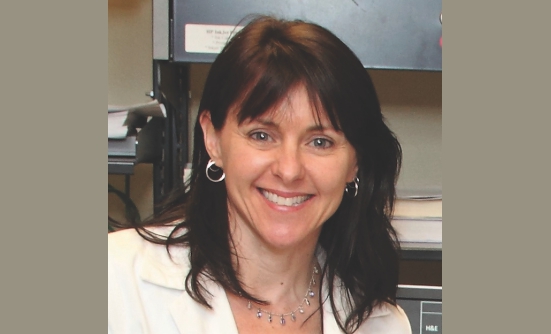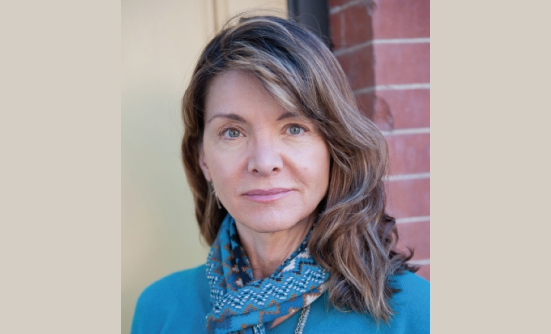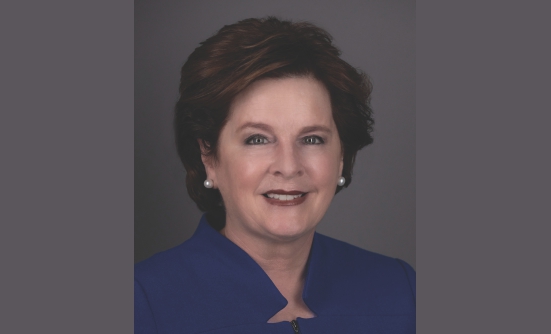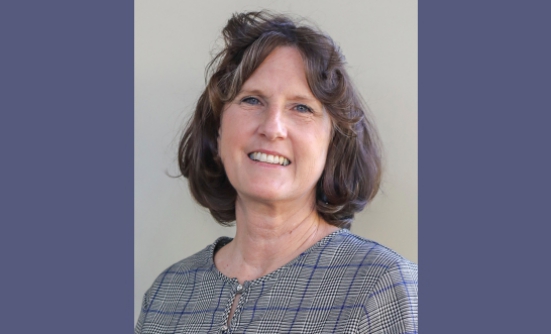The fight against cancer can be long and difficult. It’s crucial to have a top-notch care team that can help you understand the disease and navigate the complexity of treatment. However, when standard treatments fail, and your care team has no more options for you, clinical trials may become your best hope for new treatment options and longer survival, or even a cure.
Fewer than 10% of patients with cancer participate in clinical trials, and less than 20% of patients say their physicians discussed clinical trials with them.1 The survival rates in some cancer types are significantly higher for patients who participate in clinical trials than for those who do not.2
Why Clinical Trials?
Clinical trials are how doctors and scientists make medical advancements. Every modern drug or therapy approved by the FDA has gone through clinical trials to make sure they are safe and effective before they were approved for use in the general population. Without people participating in clinical trials, the current standard treatments for cancer that are widespread and known today would not exist.
The newest, most promising medicines, including novel immunotherapies such as CAR T-cells and gene therapies, are tested in clinical trials first. A clinical trial is a strictly regimented process with thorough oversite and great attention to detail. People enrolled in a clinical trial are monitored very closely from start to finish. It’s akin to having 2 full care teams watching over you.
Navigating the Clinical Trials Maze
Navigating the landscape of clinical trials can be challenging. Sometimes your oncology doctor or nurse may be able to help you directly in finding a clinical trial, but often patients are left on their own to do that.
Some cancer centers don’t participate in clinical trials, and even if they do, they likely only know about the trials that are happening at their center. If a clinical trial is being conducted across town or in another state that may be a great fit for you, there’s a good chance that your center may not know about it.
More than 6,000 cancer clinical trials are taking place right now in the United States. So, if you or your loved one has blood cancer, how do you start the daunting task of searching for the right trial for you?
The Jason Carter Clinical Trials Program
In July 2017, the National Marrow Donor Program/Be The Match launched a new program called the Jason Carter Clinical Trials Program (JCCTP) to help patients with blood cancers or blood disorders find and access clinical trials. This free program offers patients help in locating a clinical trial through:
- One-on-one telephone support and information from an experienced clinical trial specialist to navigate your clinical trial search
- An easy-to-use, web-based (www.jcctp.org) search tool to find relevant clinical trials with clear descriptions for people without medical training and are easy to print and share with your care team
- E-mail and text alerts whenever a new clinical trial starts that matches your search criteria (according to your specific cancer type)
- Educational and financial assistance resources for patients and their families, including the Drs. Jeffrey and Isabel Chell Clinical Trials Travel Grant, which helps cover travel-related expenses for people joining clinical trials that are far from their home.
Although this program is relatively new, it has already helped dozens of patients with their clinical trial searches, and thousands of people have accessed their database. Because many people have no experience with clinical trials, many questions need to be answered. Having an experienced health professional on your side can make all the difference.
Even if you are able to find a clinical trial that looks like a good fit for you, it helps to have someone you can talk with to learn about the specific requirements and what to expect from participating in a trial.
And because each clinical trial has different rules about who can join based on the medical history and other factors, the clinical trial specialist can help you figure out if you qualify before you reach out to the hospital where the trial is taking place.
Jason Carter’s Story
JCCTP was created through a generous donation from the Carter family. Jason Carter had leukemia for 4.5 years and passed away in May 2016, at age 28. He participated in 2 clinical trials, which gave him more time with his family. Diana, Jason’s mom, worked full time caring for him.
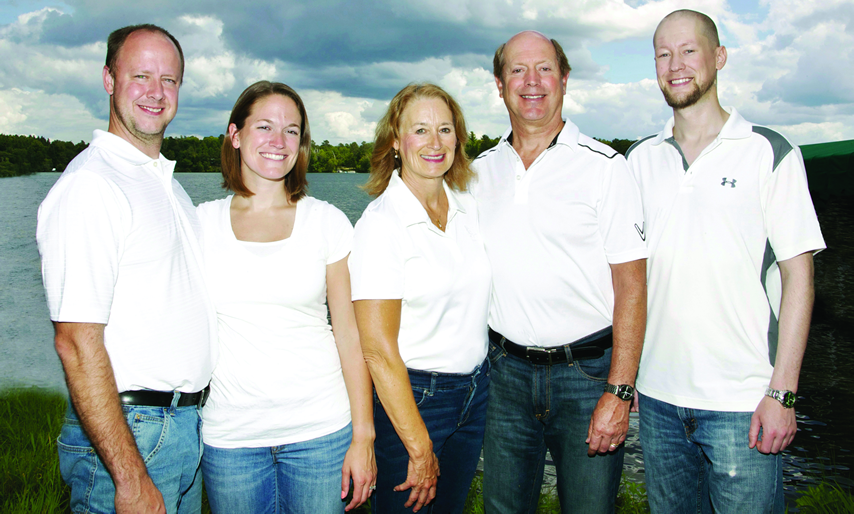
Jason Carter (far right), with (from left) his brother-in-law, sister, and parents
After chemotherapy and a bone marrow transplant could not get Jason to lasting remission, Diana struggled with his care team to find clinical trials. When they weren’t able to help her, Diana started her own search, scouring the federal clinical trials database (www.clinicaltrials.gov) to find something that could help Jason.
This process can be difficult to navigate. The trial descriptions are not always clear to those without a medical background, and finding the proper person to talk to at each of the clinical trial sites can be challenging. If it wasn’t for Diana’s diligence and support from her husband Bob, it’s hard to imagine how Jason could have been able to gain that valuable extra time with his family that the clinical trials provided.
“Jason wanted to make a difference. He tried every new treatment and therapy possible. It was still not enough,” says Diana. “But we’re thrilled to partner with Be The Match to help other patients find the best treatment options available. Together, we can help save lives.”
Advocate for Yourself
As healthcare becomes increasingly more complicated, people have to make an effort to advocate for themselves and for their loved ones. You can do that by learning as much as you can about your disease and the available treatments, so you can make the best possible choices.
Your doctors and nurses who care for you are still your best hope for recovery, but it’s also important for you to take responsibility for your care. That means asking questions and seeking supportive resources through other organizations.
Talk with people who are experiencing the same challenges you are through in-person or online support groups. JCCTP is a small part of that, but if it can help empower patients and offer hope, then Jason’s legacy will be well-honored.
For more information and help with clinical trials associated with blood cancer, contact JCCTP by phone, 1-888-814-8610, or via e-mail at
References
1. Fenton L, Rigney M, Herbst RS. Clinical trial awareness, attitudes, and participation among patients with cancer and oncologists. Community Oncology. 2009;6(5):207-213,228.
2. Sarkar RR, Matsuno R, Murphy JD. Pancreatic cancer: survival in clinical trials versus the real world. Journal of Clinical Oncology. 2016;34(4 suppl):216.
Key Points
- When standard treatments fail, and your care team has no more options for you, clinical trials may become your best hope for new treatment options
- Fewer than 10% of patients with cancer participate in clinical trials; less than 20% of patients say their physicians discussed clinical trials with them
- The Jason Carter Clinical Trials Program helps patients with blood cancers find and access clinical trials, for free
- Jason Carter passed away from leukemia at age 28; he participated in 2 clinical trials, which gave him more time with his family





